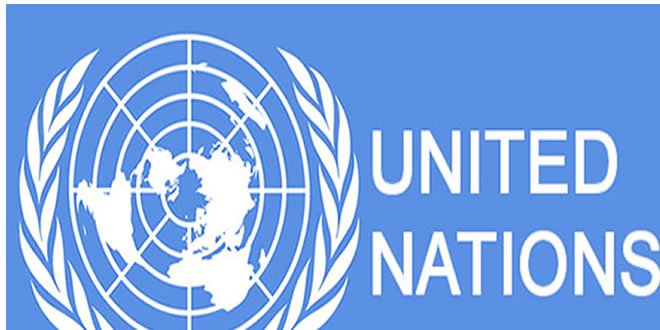
Nigeria and Mauritius have retained their seats to serve for another four years in the United Nations Committee on Economic, Social and Cultural Rights from 2023 to 2026.
The candidates from the two countries were re-elected to occupy the two remaining vacant positions for Africa in the CESCR.
CESCR is the body of 18 independent experts that monitors the implementation of the International Covenant on Economic, Social and Cultural Rights by its State Parties.
Egypt and Morocco were elected to occupy two of the four seats for the African Group in 2021 and Egypt currently chairs the committee as a member of the African Group.
The remaining two were contested last Wednesday at the UN headquarters by Nigeria, Cameroun, Malawi and Mauritius.
Nigeria won at the first ballot scoring 39 out of the 54 ballots of member states.
Malawi lost out and Mauritius and Cameroun competed for the remaining one seat because they were both even on votes.
Mauritius clinched the second seat knocking out Cameroun. Thus, Nigeria and Mauritius retained their two seats.
The Nigerian candidate who won the seat, Amb. Peters Emuze told the News Agency of Nigeria in New York after the election that the committee was saddled with the responsibility to ensure that parties abide by treaties on economic, social and cultural rights.
“Nigeria is a State Party to the covenant rights. Our duty is to ensure that States Parties adhere to the covenant rights by ensuring best practices. This is why periodically State Party reports are reviewed.
“However, a number of questions emanating from the provisions of articles of the covenant are advanced to States Parties in the process of its review.
“During the review, a State is expected to provide answers to a number of questions or issues raised during the dialogue.
“At the end, an evaluation process is done and issues raised on those aspects of the covenant rights the State party is not fulfilling,’’ he said.
According to him, it is imperative to know that the aims and objectives of the CESCR are not to benefit a particular nation but humanity in general.
Emuze said the work of the committee would benefit humanity as a whole and the extent to which they enjoy economic, social and cultural rights in order to live a life of dignity.
The Nigerian diplomat, however, thanked the Permanent Representative of Nigeria to the UN, Prof. Tijjani Muhammad-Bande for the role he played in his re-election.
Emuze, a retired career diplomat for 35 years, rose to become a Special Grade Director at the Ministry of Foreign Affairs, where he served as Head of the UN department in the ministry.
He had served in Nigeria’s diplomatic missions in Zambia, the Netherlands, Italy, Hong Kong and the Permanent Mission of Nigeria to the UN in Geneva and Switzerland.
He was President of the UN Conference on Disarmament, and he is currently an Independent Expert of CESCR and a member of the Committee drafting its General Comment on Sustainable Development and the International Covenant on Economic, Social and Cultural Rights.
(NAN)




